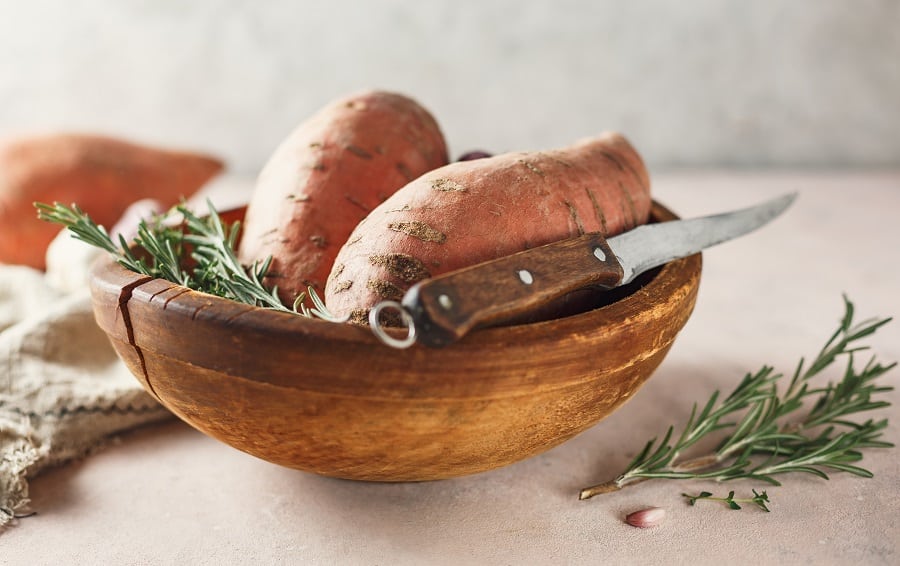Veganism is the new buzz word. As people become more conscious of their environment and health, more and more people are switching to a vegan diet. While it is great to be compassionate towards animals and your environment, avoiding all animal products may result in nutritional deficiencies. Also, there are a lot of misconceptions about going vegans. So before you jump start on your vegan bandwagon, here are ten things that you should know before you go vegan.
Contents
- 1 1. Transition Slowly
- 2 2. Replace Animal Products with Healthy Substitutes
- 3 3. You May Lose Weight
- 4 4. Keep Track of Your Proteins
- 5 5. Add Nutritional Supplement in Your Diet
- 6 6. Read on Food Labels
- 7 7. Beware of Soy-Products
- 8 8. You Can Still Go to Your Favorite Restaurant
- 9 9. Your Diet is Not Just Limited to Salads
- 10 10. Going Vegan is Not Always Expensive
- 11 Bottom Line
- 12 Related
1. Transition Slowly
As you plan to go vegan, it is best to start small and go slowly. Start by making slight changes in your diet so that it less overwhelming. It is okay for others to comment on your slow pace, but this is important as you transition into a lifelong habit.
2. Replace Animal Products with Healthy Substitutes

Veganism is all about avoiding animal products, and as you do so, make sure you replace animal products with healthy substitutes. As you avoid steak, instead of replacing it with a bag of chips, go for raw salads or steamed vegetables.
3. You May Lose Weight

It is a common perception that veganism is a way of losing weight. And that is not always true. You might end up losing weight if you replace animal products with healthy foods. But if you still consume high caloric vegan-friendly foods, you might not lose weight.
4. Keep Track of Your Proteins

Consumption of protein is a major concern as you go vegan. While fruits and vegetables contain essential nutrients, they are not necessarily rich in protein. Try and incorporate plant-based proteins in your diet such as lentils, seeds, legumes, and nuts.
5. Add Nutritional Supplement in Your Diet
Since a vegan diet is free from all animal products, it can compromise on your dietary needs of iron, Vitamin B12, and calcium. So as you go vegan, try and incorporate nutritional supplements in your diet to get sufficient calcium, iron, zinc, and B12.
6. Read on Food Labels

You can find numerous products on the shelves which claim to be vegan-friendly, but you can only find reality when you read the labels. While a food item may be vegan friendly, but it might have the highest nutritional value. Therefore it is best to read on the food labels to choose the food with the most nutrition.
7. Beware of Soy-Products

Soy may be one of the best plant-based protein sources, but excessive consumption of soy is linked with certain cancers and hormonal imbalance. So make sure you keep a track on your soy-consumption as you go vegan.
8. You Can Still Go to Your Favorite Restaurant

Going vegan but want to eat out? Don’t worry! Even if you go vegan, you can still eat out at your favorite restaurant. Just go through the menu carefully. In case you have confusion, you can always share your dietary requirements with the restaurant staff.
9. Your Diet is Not Just Limited to Salads

A vegan diet is not just about eating fruits and vegetables. You can experiment with your recipes even if the basic raw material does not come from animals.
10. Going Vegan is Not Always Expensive

Going vegan does not have to be expensive. Instead of going for labeled vegan food with a higher price tag, go for fresh, frozen, or canned fruits and vegetables available at the local store. Just make sure the canned fruits and vegetables do not have sugar. And if you drain and rinse them with plain water, you are good to go!
Bottom Line
Going vegan might be overwhelming, and you might have a lot of questions and confusion. But knowing these ten things will help you make a smoother transition to a vegan diet.


